Description
ABSTRACT
Promoting Sustainable Corporate Culture to Attract Socially Responsible Investments in Nigeria
Yetunde Sarah Ogunremi *
21st-century companies must integrate social and environmental concerns in their business operations and stakeholder relations. The move towards business sustainability resulted from recognising the dangers perpetuated by companies to humanity and the environment. Before the early 1990s, the focal point of companies was on financial goals and creating the most significant value for a selected few known as the shareholders. It is now expedient for companies to consider the impact of their operations on the people and planet. Sustainable governance promotes accountability and transparency while balancing economic, social and environmental considerations. Companies are significant social players and are responsible to all their stakeholders. They have the chance to affect global agendas and the world around them. Nigerian companies must be responsible in their dealings and sustainable in the long term to attract foreign investments. This work examines the move from shareholder profit maximisation to stakeholder value and how foreign investments in the country are hindered by failure to use today’s resources to promote long-term value and benefit future generations. This paper advocates for a comprehensive framework to regulate business operations in Nigeria.
Keywords: corporate governance, sustainable corporate culture, socially responsible investment, primacy of shareholders’ interests, stakeholder interests.
INTRODUCTION
In March 2024, the Central Bank of Nigeria announced a new capital requirement for banks to meet by 1 April 2026 to support the national economic target of $1trn by 2030.1 As economic challenges mount and the cost-of-living crisis worsens, Nigerian banks are turning to the stock market for new funding to meet this threshold. The ongoing bank recapitalisation exercise has far-reaching effects on the economy and calls for concerted efforts from regulators, bank and institutional providers, non-bank financial service providers, and the government to promote sustainable economic growth of businesses.
The Brundtland Report on the World Commission on Environment and Development popularised the concept of sustainable development. It defined it as ‘the development that meets the needs of the present without compromising the ability of future generations to meet their own needs.’2
*PhD
- SEC Nigeria, ‘Framework on Banking Sector Recapitalisation Programme – 2024 (21 June 2024) accessed 19 August 2024.
- Norms on the responsibilities of transactional corporation and other business enterprises with regard to
human rights. United Nations Doc.E/CN.4/Sub.2/2003/12/Rev/2 par 1.22 accessed 19 August 2024

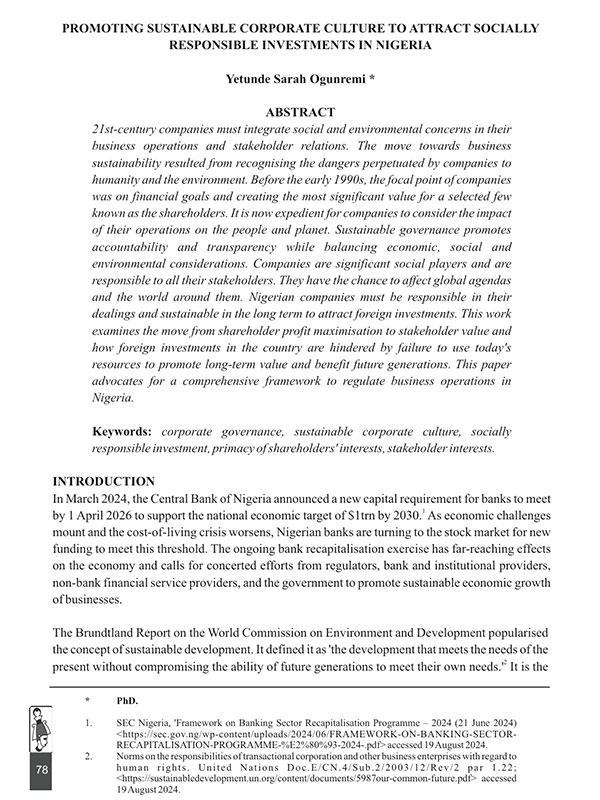
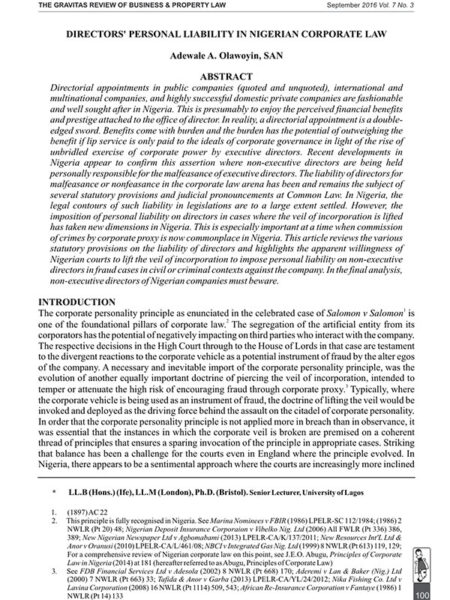
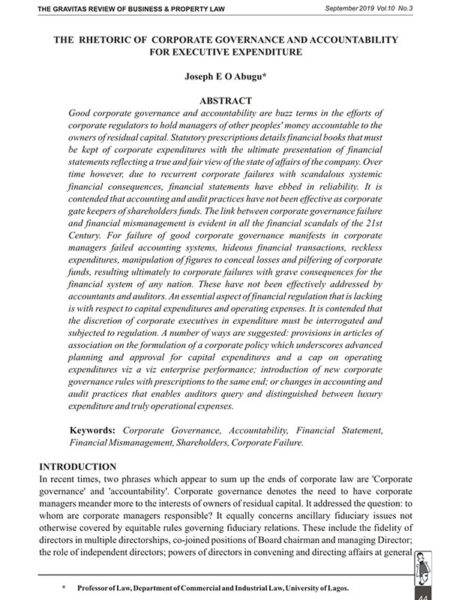
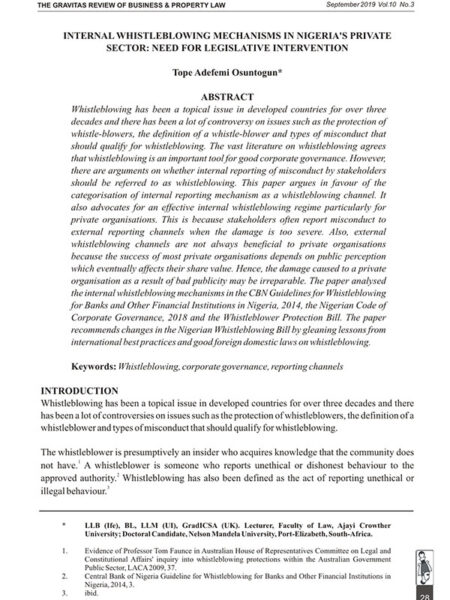
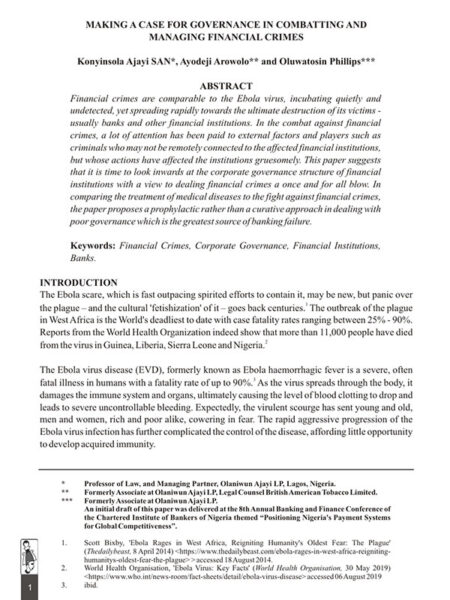


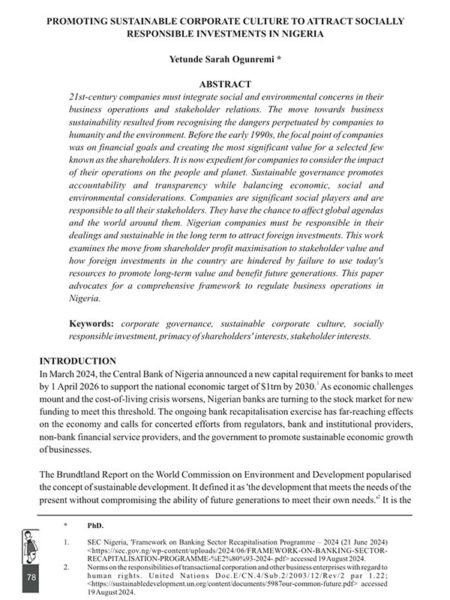
Reviews
There are no reviews yet.